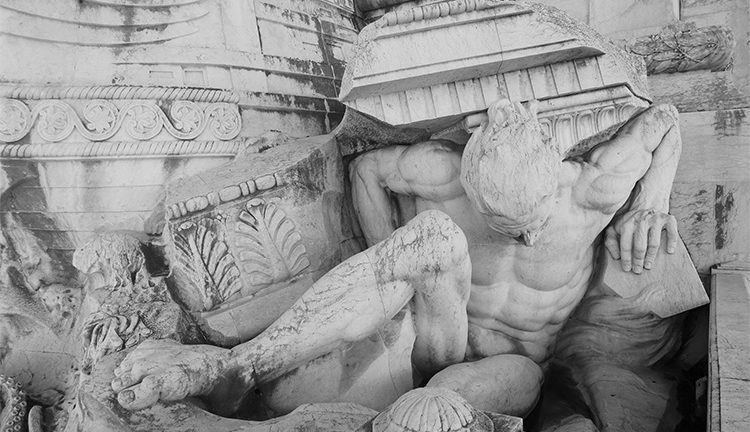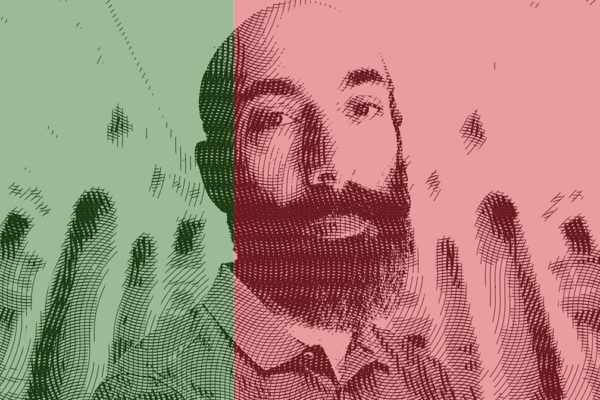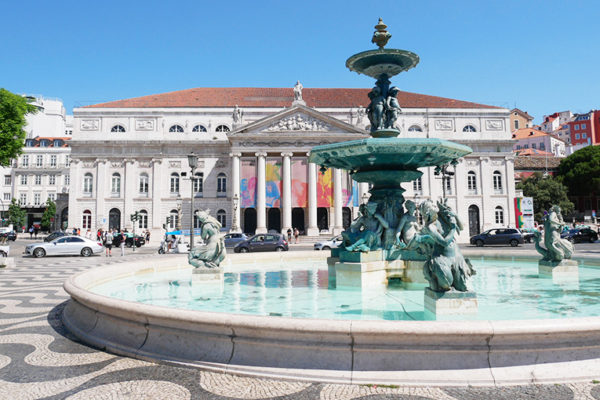A great Portuguese political figure, the Marquis of Pombal (Marquês de Pombal in Portuguese) is enthroned above old Lisbon. As ambassador and then minister, his actions earned him the wrath of a section of the Portuguese people. Between abuse of power and innovative policies, how did this man become an important figure in Portuguese history?
Its beginnings
Marquês de Pombal was born Sebastião José de Carvalho e Melo on 13 May 1699 in Lisbon. However, he grew up in the university town of Coimbra where, thanks to his family, he entered university and studied law, history and political science. However, he abandoned his studies to start a military career, which he also abandoned.
Thanks to his family, he started a diplomatic career. In 1738 he was appointed ambassador to Great Britain. For seven years he learned the diplomatic profession in London. In 1745, returning to Lisbon, he became ambassador to Vienna to help resolve the conflict between Pope Benedict IV and the Austrian Queen, Maria Theresa. The Portuguese kings were one of the few hopes for resolving the conflict that was engulfing the Holy Roman Empire.
Its confirmation
On the death of King Dom João V, Marquês do Pombal was appointed Secretary of State for Foreign Affairs. This was a decisive position that allowed him to use his power. He began to launch policies and reforms that were daring for the time. He created several companies that would monopolise the Portuguese kingdom's business and build the country's trade relations. He also prevented the export of gold to England.
As the demand for Port Wine fell sharply, the Marquis of Pombal took over the Port Wine trade. Thanks to the company Companhia Geral da Agricultura das Vinhas do Alto DouroAt the end of the 19th century, he negotiated the monopoly of Port wine production for England and Brazil. He then demarcated the Douro production area with 335 granite markers called "marcos pombalinos". Finally, he listed the wines according to their quality. The vinhos de feitoria, the best wines from the vineyards, were allowed to be sold in foreign trade, at high prices.
The vineyards producing the best wines, called vinhos de feitorias, have the right to sell their products for export at higher prices, while those producing wines of more modest quality, the vinhos de ramoare confined to the internal market.
The Marquis of Pombal will also be responsible for raising taxes. One of his most unpopular measures.
All these reforms provoked the anger of the nobility and the Jesuits, which turned into major conflicts.
Full powers
On 1 November 1755, a terrible earthquake struck beautiful Lisbon. Faced with the terror, King José I barricaded himself in his palace in Belèm and gave full powers to Marquês do Pombal.
While the survivors had to face a tidal wave and several fires, the Marquis took over the organisation of the city. As Prime Minister of the kingdom, he organises the rescue of the population, decrees hanging for thieves and marauders, fixes the price of food and materials, and helps to dispose of the bodies in the ocean to avoid epidemics.
The damage caused by the disaster is considerable. The Marquis took the important decisions to rebuild the city. With the help of Portuguese and foreign engineers, his reconstruction plan allowed the city to be rebuilt in one year; straighter streets, several administrative buildings built, use of azulejo to protect houses from fire and creation of the baixa. Lisbon then became one of the most beautiful European capitals.
A Freemason, the Marquis of Pombal sought to remove Catholic influence. As such, he decided to expel the Jesuits from Portugal and forced a kind of inquisition on the royal authority. In 1960, he also created the Royal Treasury, the Royal Press and the School of Commerce.
Its decline
At the height of his career, and ruling the country with an iron fist since 1750, Marquês do Pombal stirred up jealousy and resentment. The nobility hated him and reproached him for his abuse of power.
On the death of King Don José I, the Marquis' enemies are active with Queen Maria I, who succeeds her father. Disagreeing with the Marquis' measures and policies, the young queen accused him of abuse of power and crimes. She decided to resign him and condemned him to exile due to his advanced age (80 years).
O Marquês do Pombal died on 8 May 1782 at his estate in Pombal.


